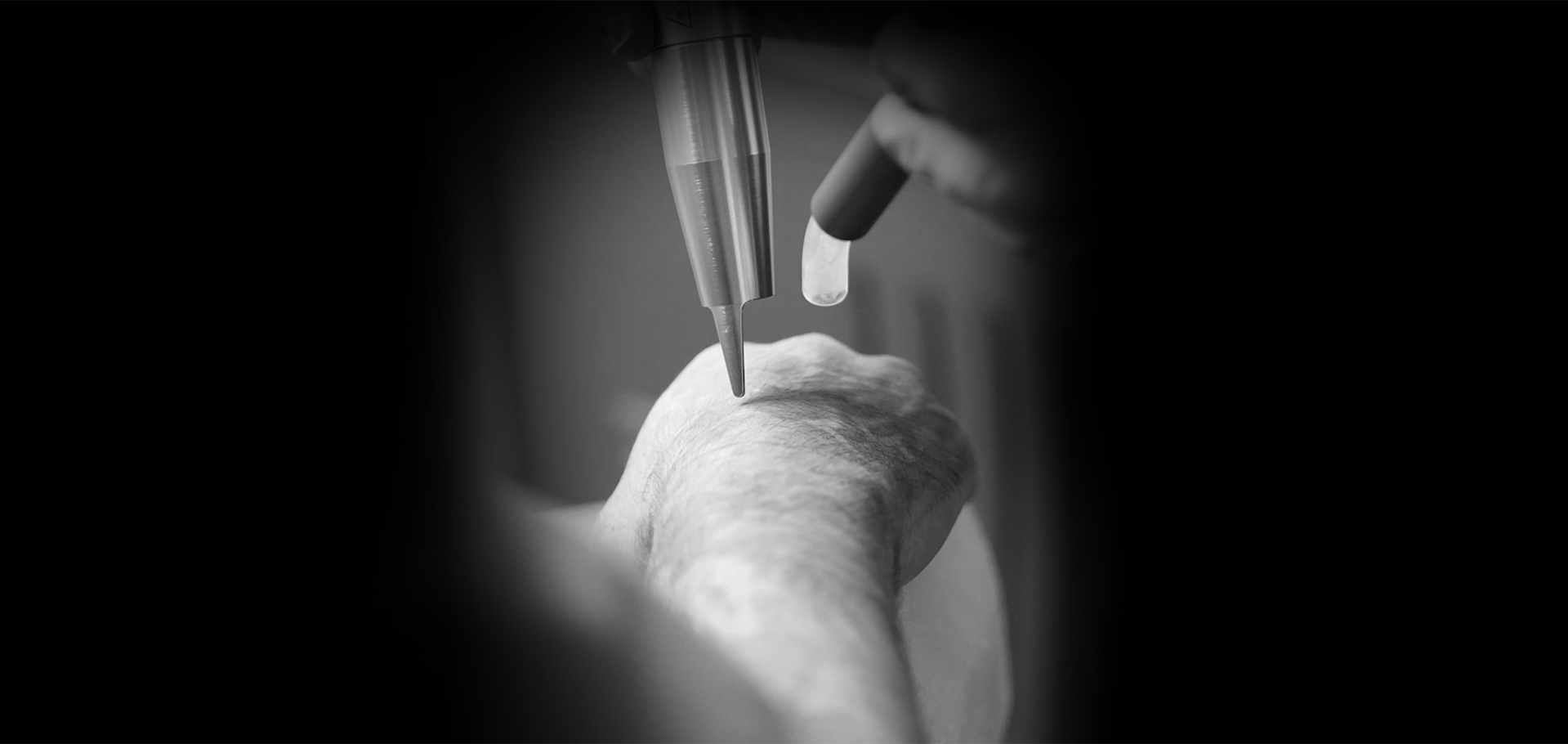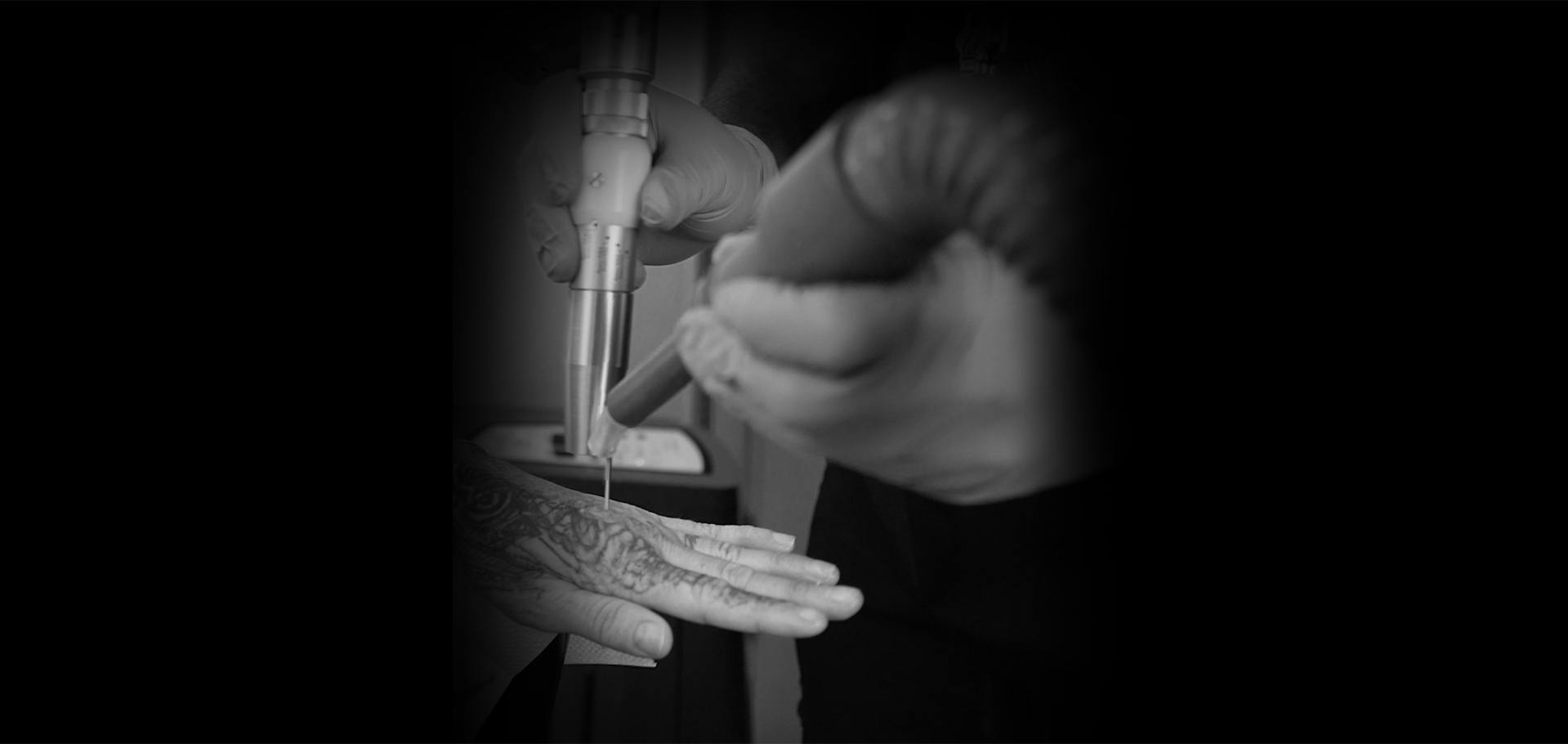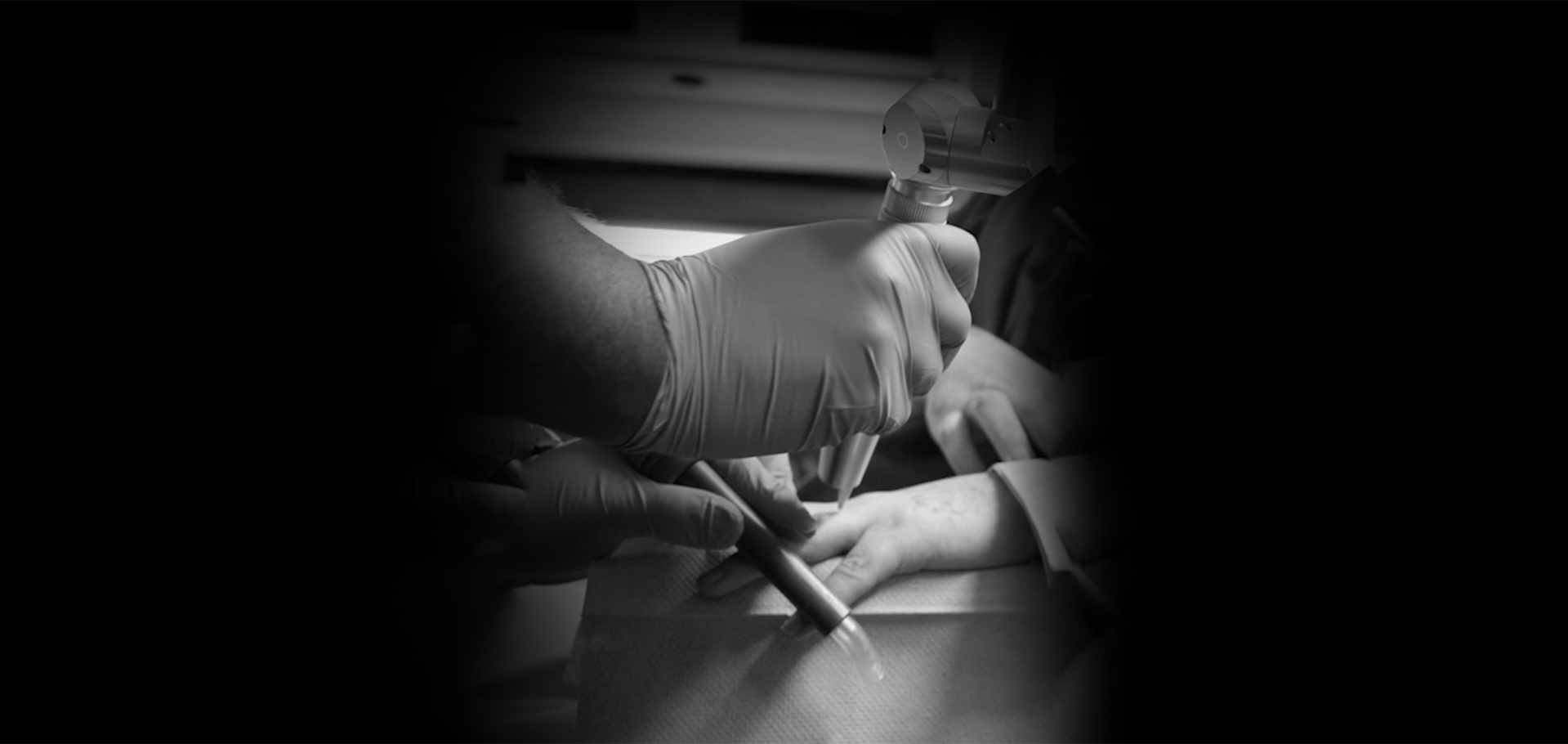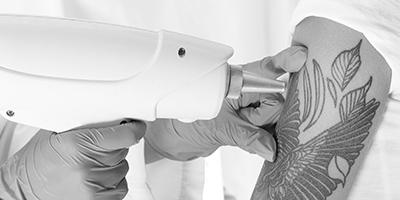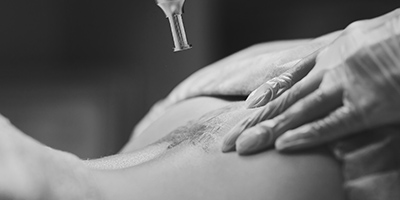
Many people suffer from skin conditions like eczema and psoriasis. Do you have one of these skin conditions? Are you thinking of taking up laser tattoo removal? If so, it is best to understand how these skin conditions could affect the procedure's outcome.
Eczema and Its Effects on Laser Tattoo Removal
Eczema is a common skin disease that can affect laser tattoo removal outcomes. Eczema causes the skin to become inflamed, red, and itchy. When this happens, it is more challenging to perform tattoo removal treatments.
Laser energy can irritate already sensitive skin, leading to more severe reactions. Also, eczema can interfere with the healing process. It can lead to prolonged recovery and less successful results.
Psoriasis and Its Effects on Laser Tattoo Removal
Another skin condition that may affect laser tattoo removal is psoriasis. Skin can accumulate and become thick, red, and scaly due to psoriasis. This can cause skin cells to grow too quickly.
Accelerated skin growth can create an uneven surface. That makes it challenging to target the ink pigment with laser energy. Also, psoriasis can increase the risk of scarring and other complications.
Preparing for Laser Tattoo Removal With a Skin Condition
Do you have a skin condition and considering laser tattoo removal? If so, proper preparation is essential. That may involve managing your skin condition before and after the treatment. Your provider may recommend avoiding certain activities or products to avoid complications.
Potential Risks and Side Effects of Laser Tattoo Removal With Skin Conditions
Laser tattoo removal carries some risks and side effects. This is the case even in patients without skin conditions. Yet, patients with eczema, psoriasis, or other skin conditions may be at higher risk. Infection, scarring, and modifications to the texture or color of the skin can all be risks. Discussing these with your provider before undergoing treatment is essential.
Laser Tattoo Removal and Skin Sensitivity
Patients with skin conditions may have increased skin sensitivity. It can make tattoo removal treatments more uncomfortable or even painful. Your provider may use topical anesthetic or cooling techniques to reduce discomfort.
How to Care for Your Skin After Laser Tattoo Removal With a Skin Condition
Maintaining proper skin care after laser tattoo removal is essential to promoting healing. It can also help in lowering the chance of complications. It may involve using specialized skin care products or avoiding certain activities. Your provider can offer guidance on how to care for your skin after treatment.
Expected Results of Laser Tattoo Removal With Skin Conditions
Patients with skin conditions may experience different results with laser tattoo removal. Realistic expectations for your treatment's outcomes are imperative. Based on your skin condition and other factors, your provider can estimate the number of sessions you will need and the possible results.
Alternative Tattoo Removal Methods for Patients With Skin Conditions
Alternative tattoo removal techniques might be available for patients with severe skin conditions. The same applies to those who are not good candidates for laser tattoo removal. These may include surgical excision or other specialized techniques. Your provider can help you explore these options. They will determine the best treatment for your needs.
Conclusion
Everyone's skin is unique. There is no single solution for laser tattoo removal. You can achieve successful and satisfying results by working closely with a qualified professional and following proper skin care practices. It will minimize potential risks and complications.
For more on the impact of different skin conditions on laser tattoo removal, visit the Mobile Tattoo Removal Experts. Call (619) 327-9774 or email info@mtrexperts.org to book an appointment today.
